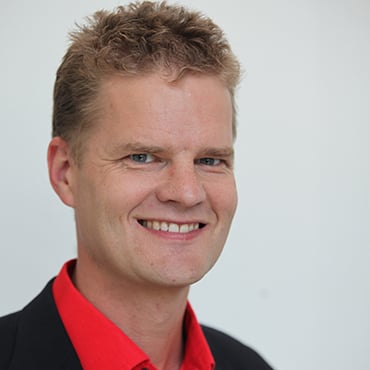In December 2023, contaminated soil weighing two million tons began moving downhill at an old clay pit in the Randers Municipality in East Jutland, Denmark. It was owned by relative newcomer to the area, a waste management firm called Nordic Waste, part of a family-owned holding in Denmark called United Shipping & Trading Company (USTC). Residents in the nearby town of Ølst went into a state of panic as the landslide showed no signs of stopping before it reached their homes. Although the town was eventually spared, the cost of cleaning up the site was estimated at €27 million. Specializing in reprocessing contaminated soil, Nordic Waste announced that it was no position to help clean up the mess since it had only €97,000 in cash in its coffers. Worse, a month later (January 2024) the company was declared bankrupt. Environmentalists, irate that the Danish taxpayer would have to foot the bill, asked why should they pay when Nordic Waste was owned by one of the wealthiest families in Denmark? This case study looks at the dynamics raised by the landslide and the impact it had on family-owned businesses in Denmark
Instructors can use the case to discuss the issue of landfills – especially those containing discarded fast fashion – which are the subject of debate in environmental circles. They can also use the case to discuss the question of responsible business. Family businesses have a name and reputation to uphold and society expects them to take ownership of negative externalities caused by their operations.
- Nordic Waste
- Torben Østergaard Nielsen
- Nina Østergaard Borris
- Mia Østergaard Rechnitzer
- landfills
- landslides
- USTC, Selfinvest
- environmental impact
- bankruptcy
- pollution
- toxic soil
- geotechnical engineering
- Denmark
- SDG11 Sustainable Cities and Communities
- Q42025






